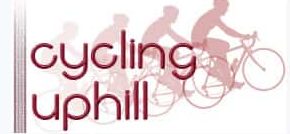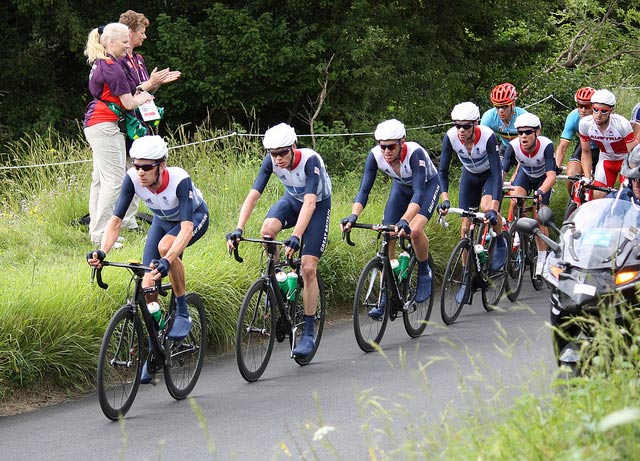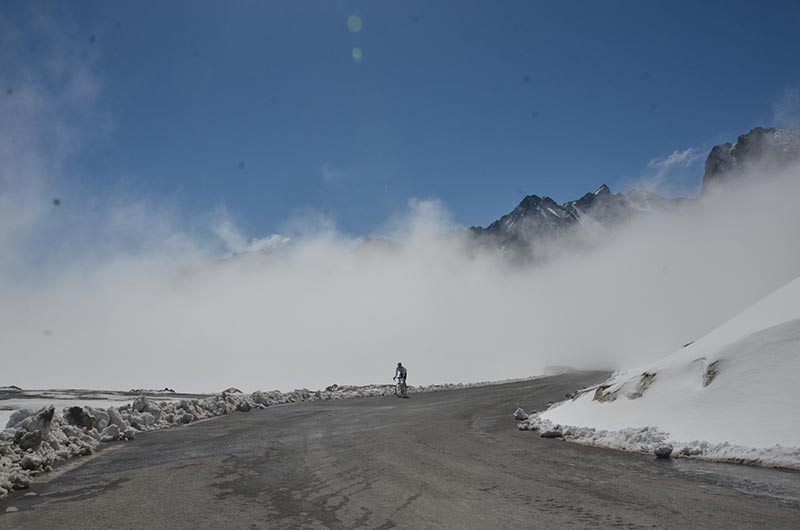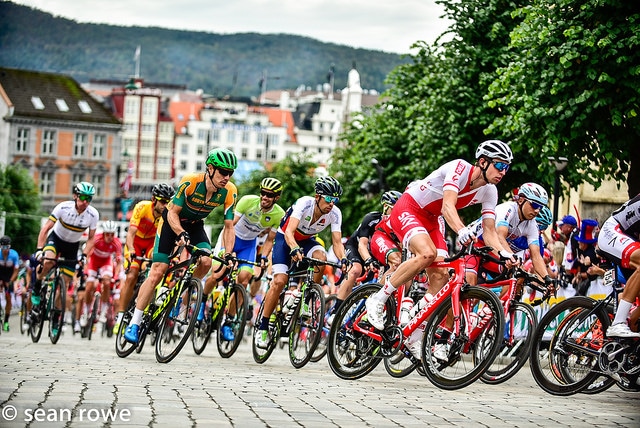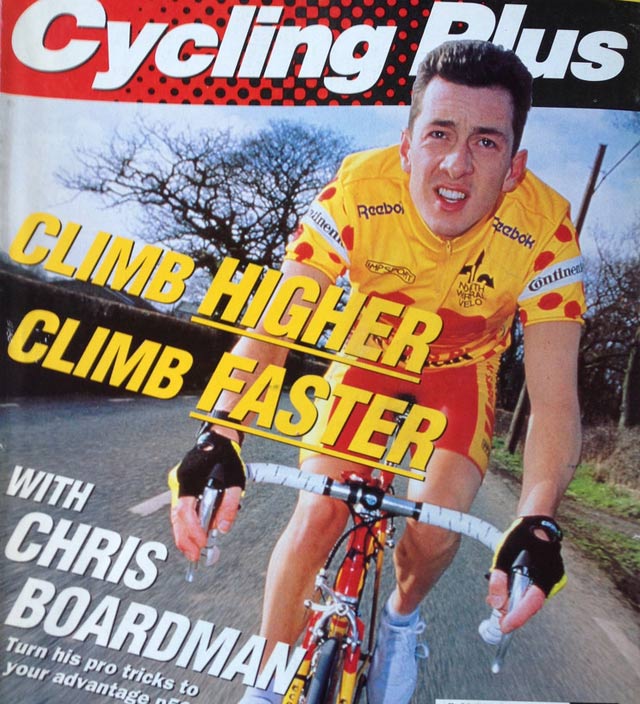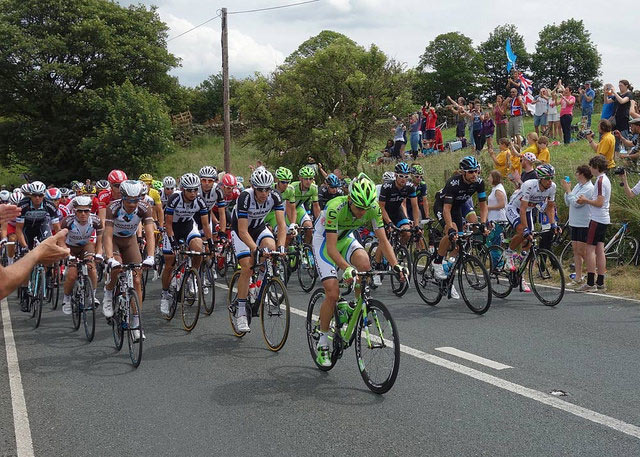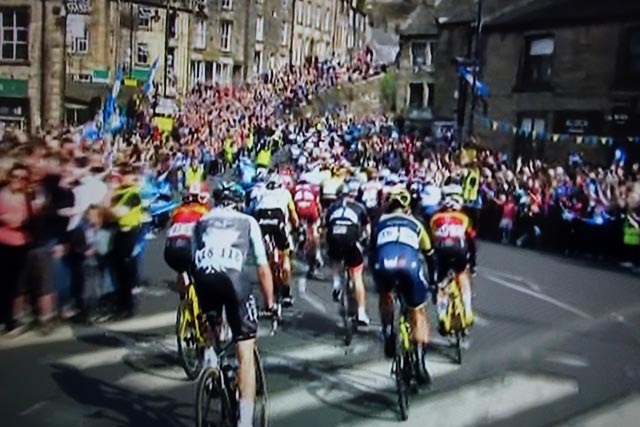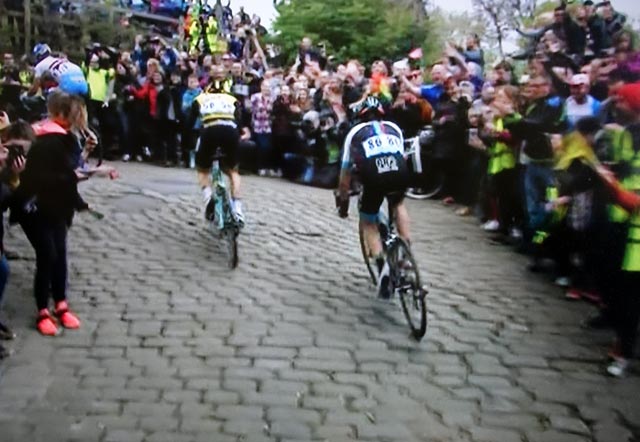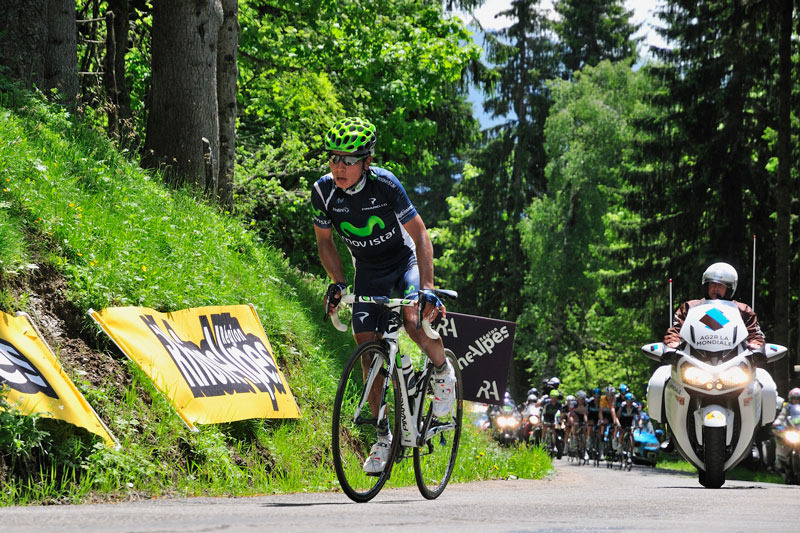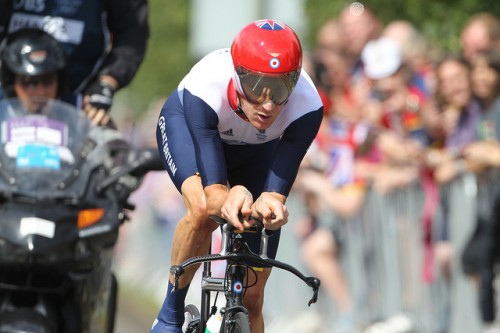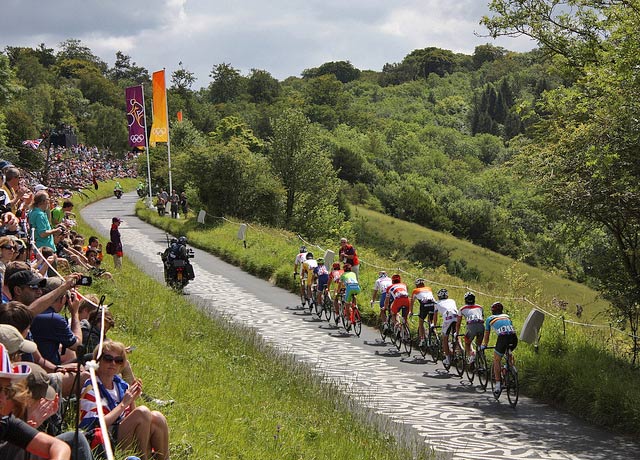I was chatting to some ‘non-cyclists’ interested in trying to understand why breakaways nearly always get caught a few km from the finish. I thought it would be a quick and simple thing to explain, but I ended up writing a lot.
In cycling, the biggest drag on effort is aerodynamics (up to 90% of drag when travelling at 50km/h). Therefore, you save considerable energy riding in the middle of the peloton. One study suggested that riding in the middle of the peloton can mean you only need 5% of the energy you would if you rode alone. You can be doing 50 km/h, but the effort is similar to 12 km/h. If you ride in the peloton all day, you can get to the last 10 km relatively fresh and ready to make a big effort.
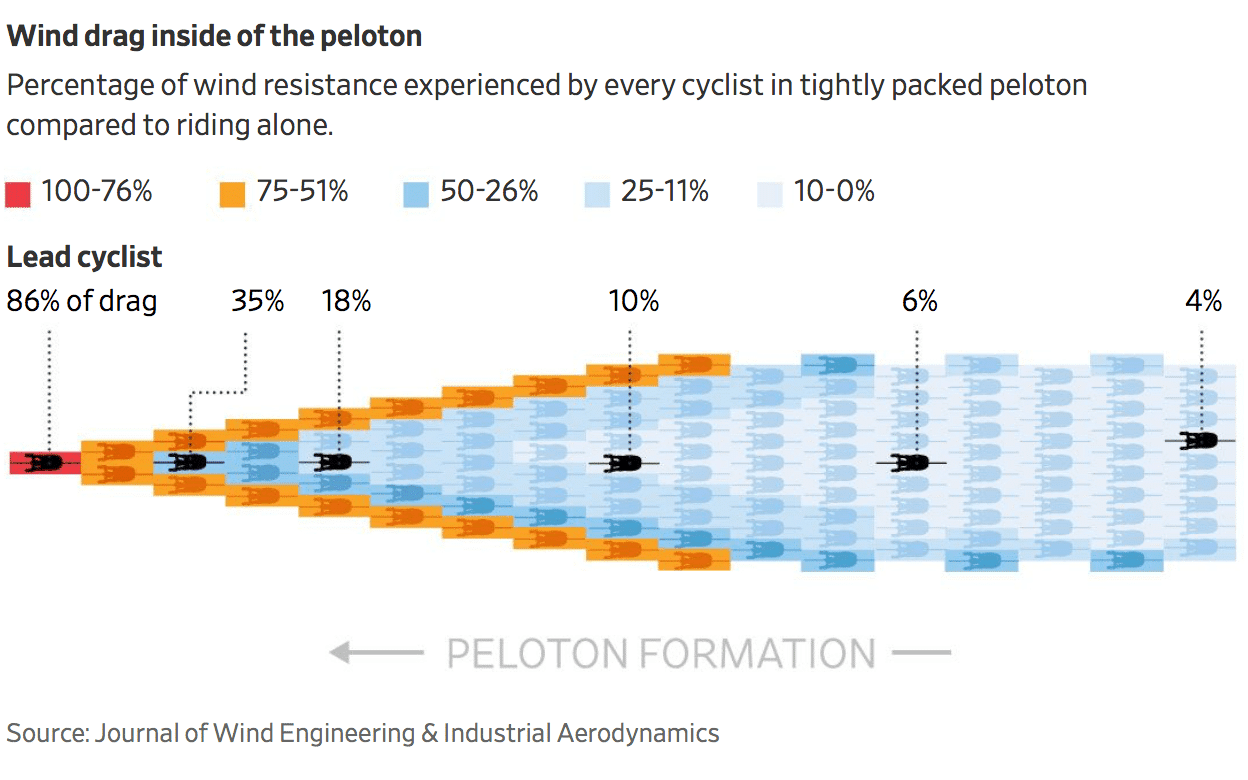
If you ride in a small breakaway, you are making much more effort throughout the day, you will get some drafting benefit, but you will have to ride with your nose in the front for considerably more. When you get to the last 10km – the breakaway riders will be closer to exhaustion than the riders in the peloton. Then in the last 10km, there are fresh riders ready to chase down the breakaway and set up a sprint.
There will usually be many teams with a motivation to chase down the breakaway. The best sprinters will have a team willing to ride and bring back the breakaway. If a team doesn’t have someone in the breakaway, they might as well contribute to bringing back the breakaway – otherwise, they will have no chance of winning.
Secondly, if it is a one day race like the World Championships, the best riders will tend not go in the breakaway. Therefore, it becomes self-fulfilling, weaker riders enter the breakaway – either for tactical reasons or perhaps just to get some tv exposure.
A breakaway would have more chance of winning if there were more people in the breakaway and stronger riders were in it. But, at the start of the race, teams will be looking to control who gets in the breakaway. If a strong favourite tried to sneak into the breakaway, the peloton may chase down the breakaway and bring the favourite back – rather than let the break get established.
A more interesting question is what enables a breakaway to succeed?
What enables a breakaway to succeed?
Miscalculation. Teams may use a rough rule of thumb. For example, a fast-moving peloton may feel that it can bring back 1.30 for every 10km. If there are 20km to go, and the breakaway has a gap of 3.00 – it is touch and go, so they may start making more of an effort to bring it back. However, it may be that the peloton miscalculate the strength of the breakaway and leave it too late.
